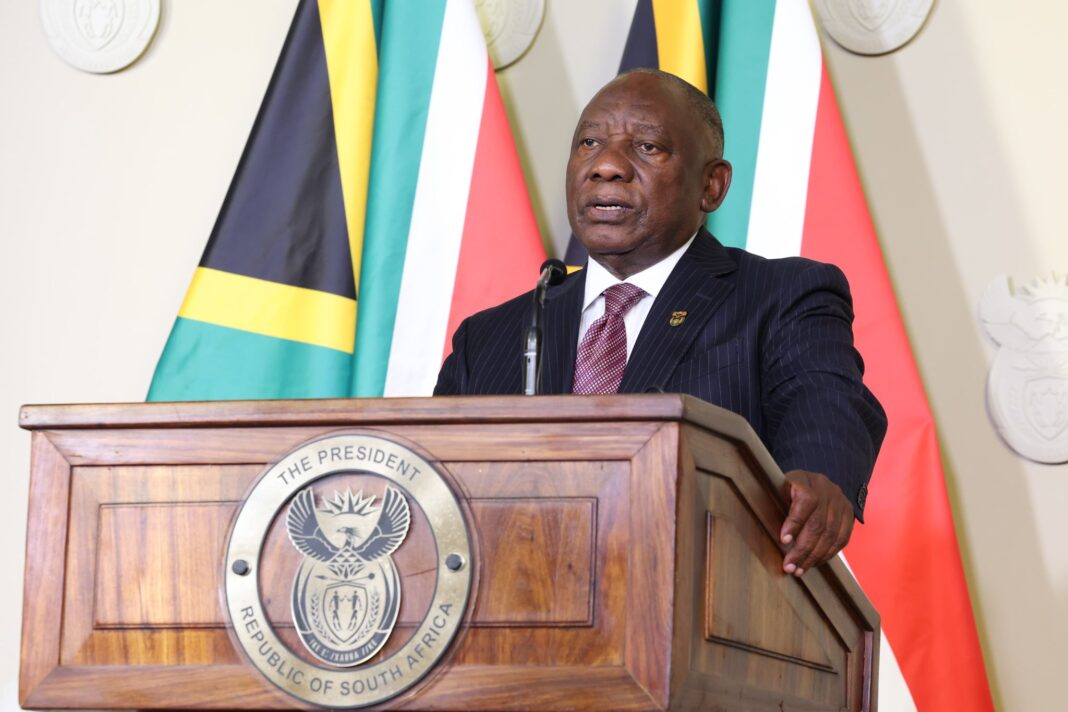By Simon Nare
President Cyril Ramaphosa has signed the Expropriation Bill into law, paving the way for provincial governments and municipalities to expropriate private land.
The new law repeals the pre-democratic Expropriation Act of 1975 and sets out how organs of state may expropriate land in the public interest for various reasons.
The Presidency said the new law, which has undergone a five-year process of public consultation and parliamentary deliberation, aligned legislation on expropriation with the Constitution.
“Section 25 of the Constitution recognises expropriation as an essential mechanism for the state to acquire someone’s property for a public purpose or in the public interest, subject to just and equitable compensation being paid.
“Up to now, expropriation of property has been governed in terms of the Expropriation Act of 1975, which predates the expropriation mechanism provided for in section 25(2) of the Constitution,” The Presidency said in a statement on Thursday.
It added that the Act as signed by Ramaphosa outlined how expropriation could be undertaken, on what basis and how it would assist all organs of state – local, provincial and national authorities – to expropriate land.
Further, it would assist local, provincial and national authorities to use this legislation to expropriate land in the public interest, including to promote inclusivity and access to natural resources.
“The Bill repeals the Expropriation Act and provides a common framework in line with the Constitution to guide the processes and procedures for expropriation of property by organs of state.
“In terms of this law, an expropriating authority may not expropriate property arbitrarily or for a purpose other than a public purpose or in the public interest,” it said.
However, expropriation may not be exercised unless the expropriating authority had without success attempted to reach an agreement with the owner or holder of the property for its acquisition under reasonable terms.
Therefore, an expropriating authority was obliged to enter into negotiations with the owner of a property.
“An expropriating authority must also attempt to reach an agreement on the acquisition of the property before resorting to expropriation – except in circumstances where the right to use property temporarily is taken on an urgent basis in terms of a provision in the legislation,” it said.
The new law also provided for disputes to be referred for mediation or to appropriate courts.
Commenting on the legislation, the two main parties in the Government of National Unity, the ANC and DA, differed sharply in their reaction.
While the ANC hailed it as a historic and significant milestone that brought legislation in line with the transformative spirit of the Constitution, the DA has threatened to go to court.
“While the DA recognises that the Constitution allows for acts of redress and restitution, including land reform, we have serious reservations about the procedure as well as important substantive aspects of the Bill. We are in discussions with our legal team to formulate our case,” it said in a statement.
The ANC on the other hand said the legislation would advance inclusive economic growth and social cohesion.
“The Expropriation Bill provides a framework to facilitate land reform in the public interest, creating opportunities for economic inclusion and development while ensuring that the rights of property owners are respected,” it said in a statement.
INSIDE POLITICS

